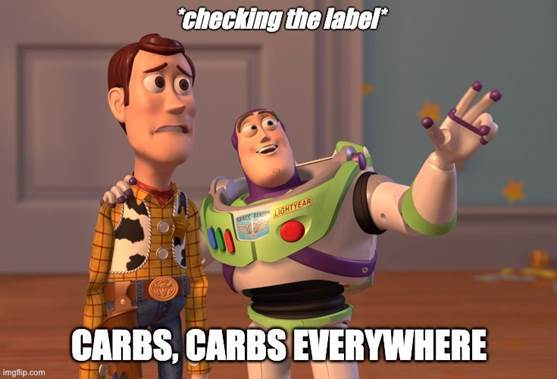Is Protein Powder Considered Low Carb?
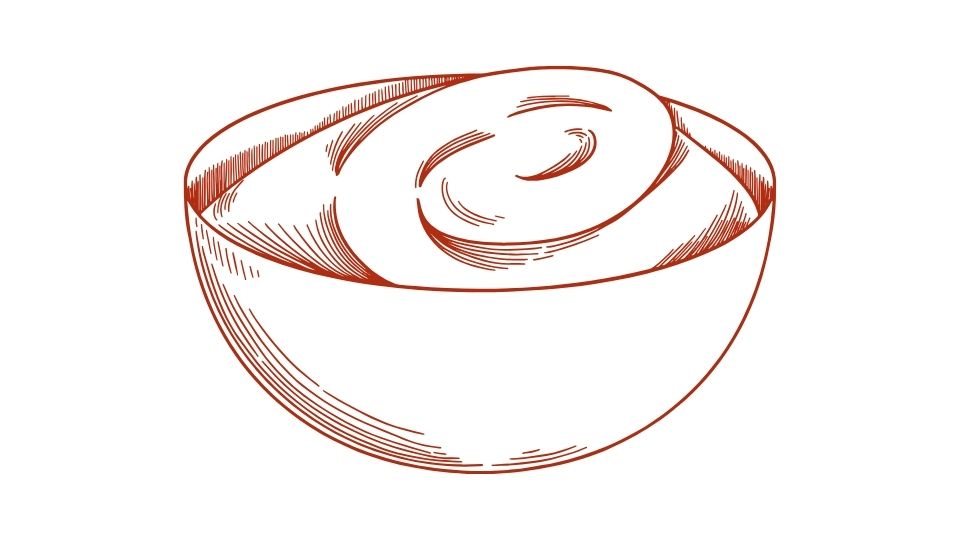
Is protein powder really low carb? Let’s cut through the confusion and figure out exactly what’s in that tub of muscle-building dust sitting on your kitchen counter.
The simple answer? Some protein powders are VERY low carb. Others… not so much.
If you’re keeping your carbs down (looking at you, keto folks), you’ll want a protein powder with fewer than 4 grams of carbs per serving. But here’s where it gets interesting – some brands pack in sugar, fillers, and other carby extras that can totally derail your low-carb goals.
Let me walk you through exactly what to look for, what to avoid, and how to find protein powders that won’t sabotage your diet. Because let’s be honest – nobody wants to chug down a “healthy” protein shake only to discover they just drank the carb equivalent of a candy bar.
The Best Low-Carb Protein Powders
Not all protein powders are created equal when it comes to carb content. Let’s break down your best options:
Whey Protein Isolate: The Low-Carb Champion
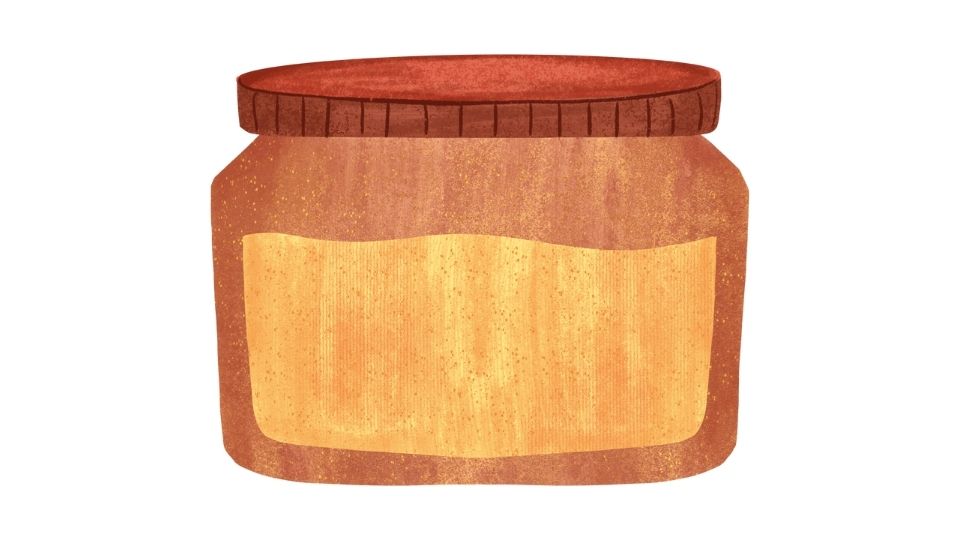
If you’re serious about keeping carbs low, whey protein isolate is your new best friend. Why?
- Ultra-filtered to remove almost everything but pure protein
- Typically contains only 1-2 grams of carbs per serving
- Has virtually no lactose or sugar
- Packs around 25g protein per scoop
This is what makes whey isolate the gold standard for low-carb protein powders. The filtration process strips away most of the carbs and lactose, leaving behind mostly pure protein.
Isopure Zero Carb is the poster child here – literally zero carbs with 25g of protein per scoop. That’s pretty incredible when you think about it.
Grass-Fed Whey: Natural But Still Low-Carb
If you prefer less processing in your supplements, grass-fed whey protein is a solid option. It’s slightly higher in carbs but still relatively low:
- Usually has 2-4 grams of carbs per serving
- More whole-food based approach
- Contains beneficial compounds from grass-fed cows
The tradeoff? You get a more natural product with slightly higher carb content. For most low-carb dieters, this small difference won’t make or break your diet.
Plant-Based Options: It’s Complicated
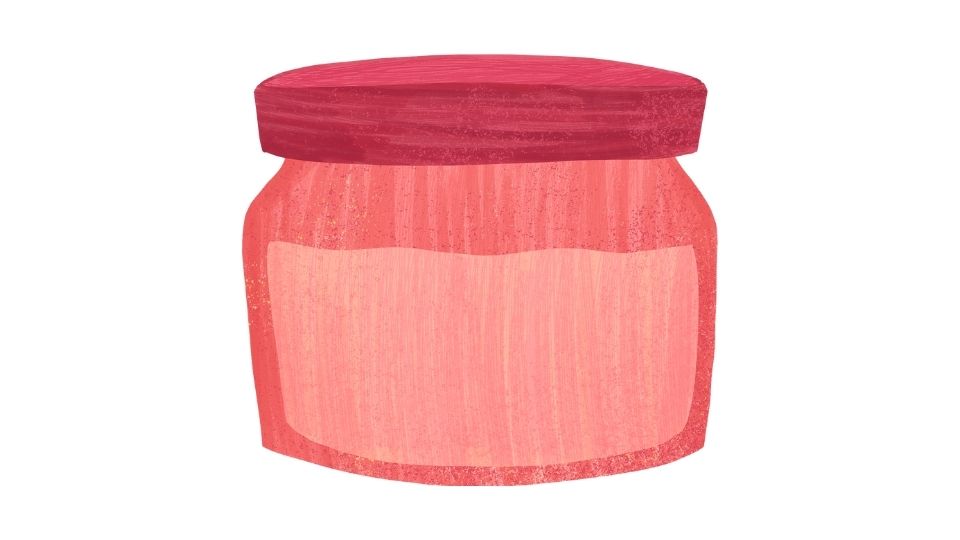
For my vegan and dairy-free friends, there’s good news and bad news:
- Good news: Some plant proteins like pea and hemp can be low in carbs
- Bad news: Many plant proteins come with added grains or starches
The key is to check the label carefully. Some plant-based powders can sneak in 10+ grams of carbs, while others keep it under 4g.
Garden of Life Raw Organic Protein offers a cleaner plant-based option with lower carbs than many competitors.
What Makes Protein Powder High-Carb?
Let’s talk about the carb culprits hiding in many protein powders:
Carb-Adding Ingredients to Avoid
If you’re keeping carbs low, run away from protein powders containing:
- Maltodextrin: A cheap filler that’s basically pure carbs
- Added sugars: Often hiding under names like “evaporated cane juice”
- Milk solids: Contains the naturally occurring milk sugar lactose
- Dextrins: Another carby filler to improve texture
- Fruit powders: Sounds healthy but adds sugar
The reality is many manufacturers add these ingredients to improve flavor, texture, or simply to bulk up the product cheaply. Your low-carb goals? Not their priority.
The Hidden Carb Trap: Flavored Protein Powders
Here’s a trick the protein industry doesn’t want you to know: Flavored protein powders almost always have more carbs than unflavored versions.
That chocolate peanut butter blast flavor? Could be adding 2-4 extra grams of carbs per serving. Those carbs add up fast, especially if you’re aiming for keto-level carb restriction.
Why Choose Low-Carb Protein Powder?
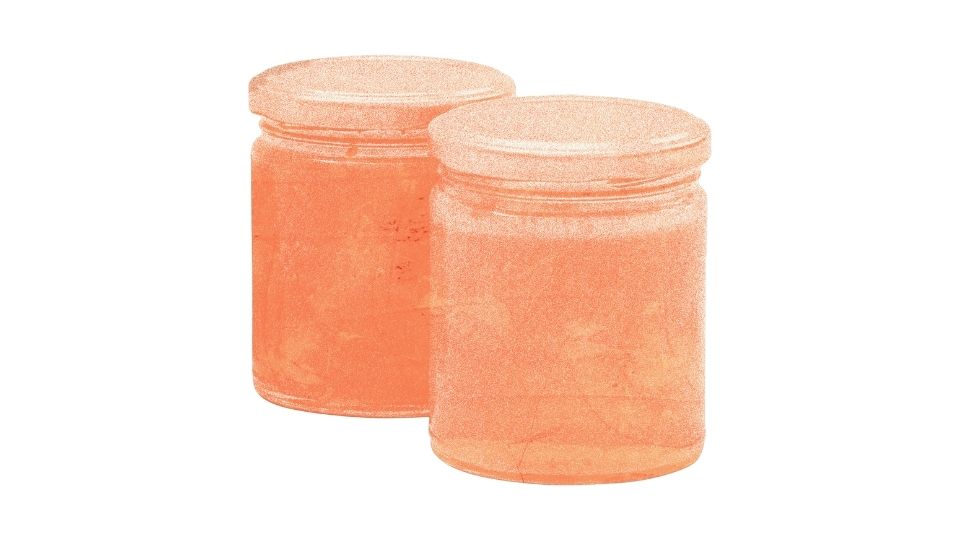
Why would anyone care about carbs in protein powder anyway? Several good reasons:
- Keto diet compatibility: When you’re limited to 20-50g of carbs daily, every gram counts
- Blood sugar management: Lower carbs means less glucose spikes
- Weight loss support: Fewer carbs can mean fewer calories and less insulin response
- Pure protein focus: You’re buying protein powder for the protein, not carb fillers
The Journal of the International Society of Sports Nutrition has published research showing protein supplements can help with muscle preservation during weight loss – but the benefits can be undermined if they’re packed with unnecessary carbs.
How to Identify Low-Carb Protein Powders
Let’s get practical. When you’re standing in the supplement aisle (or scrolling online), here’s your low-carb protein powder checklist:
Read The Nutrition Label Like A Detective
- Total carbs: Should be under 4g per serving (ideally 0-2g)
- Sugar content: Should be 1g or less
- Fiber content: Fiber isn’t bad! It’s technically a carb but doesn’t impact blood sugar
- Net carbs: Total carbs minus fiber (what low-carb dieters really care about)
Check The Ingredient List
Remember the carb-adding ingredients we talked about? Make sure they’re not on the label. The shorter the ingredient list, the better chance it’s truly low-carb.
Transparent Labs is known for clean formulations with minimal ingredients.
Popular Low-Carb Protein Powder Types
| Protein Type | Typical Carbs Per Serving | Best For |
|---|---|---|
| Whey Isolate | 0-2g | Lowest possible carb count |
| Grass-Fed Whey | 2-4g | Natural approach with low carbs |
| Casein | 2-4g | Slow-digesting nighttime protein |
| Egg White Protein | 1-2g | Dairy-free low-carb option |
| Some Plant Proteins | 2-4g | Vegan low-carb option (check labels!) |
Practical Tips for Using Low-Carb Protein Powders
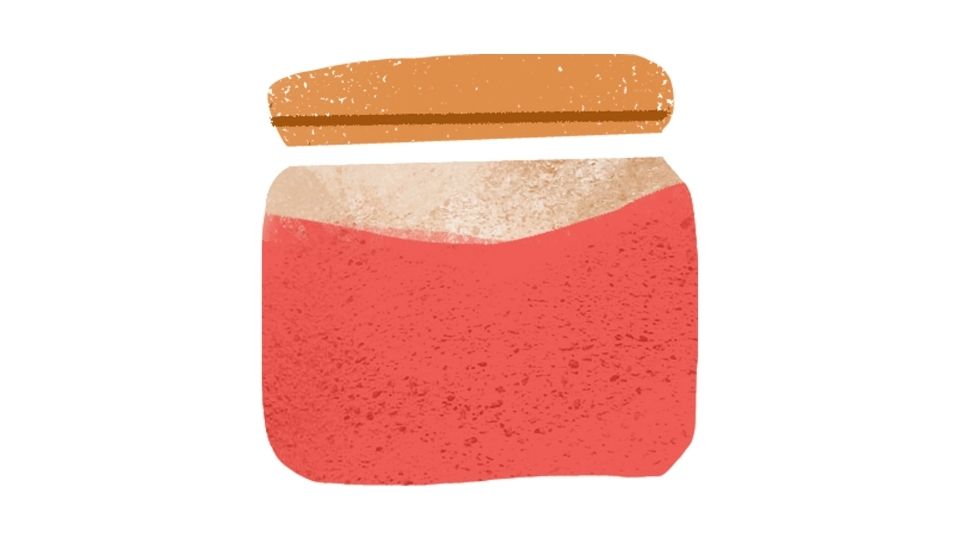
Now that you know what to buy, here’s how to use it:
- Post-workout: When your muscles are primed for protein without the carb crash
- Meal replacement: Add healthy fats like avocado or MCT oil for a complete low-carb meal
- Recipe ingredient: Bake it into low-carb treats or pancakes
- Between meals: Curb hunger without breaking your carb bank
The American Journal of Clinical Nutrition has published studies showing protein’s appetite-suppressing effects – making low-carb protein powder a smart hunger management tool.
The Bottom Line on Low-Carb Protein Powders
Yes, protein powder can absolutely be low-carb – if you choose the right one. Whey isolate takes the crown for lowest carb content, but several other options can fit into a low-carb lifestyle.
The key is reading labels, understanding ingredients, and knowing what to avoid. Your perfect low-carb protein powder is out there – it just might take a little label detective work to find it.
And remember – protein powder is just one piece of your nutrition puzzle. Even the best supplement can’t replace a solid diet of whole, minimally processed foods. But for convenience and filling protein gaps? A good low-carb protein powder is tough to beat.

